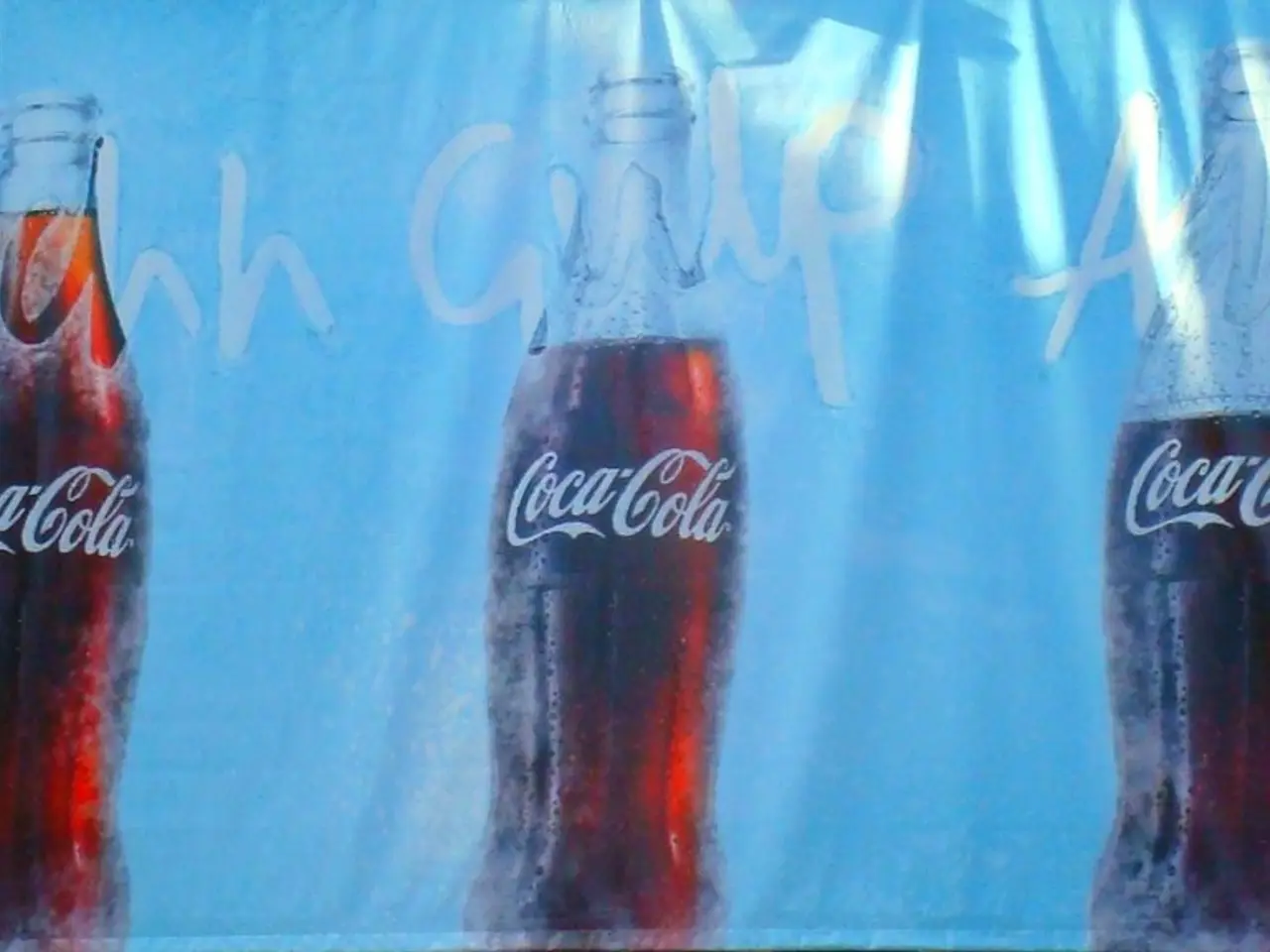Research discovers perfluoroalkyl and polyfluoroalkyl substances (PFAS) in reusable menstrual items
In a groundbreaking study, researchers have discovered that a significant portion of reusable menstrual and incontinence items contain Per- and Polyfluoroalkyl Substances (PFAS), often referred to as "forever chemicals." These substances, which resist breaking down, can enter our bodies through the skin and have been linked to immune, hormonal, and developmental issues.
The study, conducted by the University of Notre Dame, tested 59 new products from North America, South America, and Europe using advanced fluorine screening and chemical analysis. The findings were startling: PFAS were detected in every single product tested, with levels ranging from 21 to 2,200 ng/g and a median of 380 ng/g.
The study used a two-step method: screening for fluorine and chemical breakdown to distinguish between incidental contamination and intentionally added PFAS. Approximately 71% of the tested products had low fluorine levels, likely due to unintentional contamination. However, nearly 30% showed signs of intentionally added PFAS.
The most common PFAS detected were neutral PFAS like fluorotelomer alcohols, particularly 8:2 FTOH, which can break down into the toxic PFOA when absorbed into the body. Some products had fluorine levels over 1,000 ppm, consistent with fluorinated coatings.
The reusable menstrual product market may not be as eco-friendly as previously thought due to the presence of PFAS in many of these items. Graham Peaslee, professor emeritus in the University of Notre Dame Department of Physics and Astronomy, stated that the findings show that almost a third of reusable menstrual products are being made with PFAS.
The study aims to make consumers more aware of the chemicals in their purchased products and encourages them to question manufacturers about the intentional use of PFAS. It also highlights the need for labeling requirements and stricter regulations in the industry.
However, not all brands use PFAS in their products. Brands like Cora, KIKI & GREEN, Lilova, Hello Period, and Tree Hugger Cloth Pads were found to be free of PFAS in the study. These brands emphasize toxin-free safety and confirm the absence of PFAS in their materials through testing or certification.
The study will help regulators and manufacturers identify product markets where PFAS are being used and find better alternatives moving forward. As consumers, it's essential to make informed decisions about the products we use. Safer reusable options are possible, and it's up to us to choose them.
[1]: Cora - https://www.mycora.com/pages/free-to-flow-period-underwear [2]: KIKI & GREEN - https://www.kikigreen.com/collections/reusable-pads [3]: Lilova - https://www.lilova.com/products/leakproof-ultra-absorbent-panties [4]: Hello Period - https://helloperiod.co/collections/hello-pads [5]: Tree Hugger Cloth Pads - https://treehuggerclothpads.com/collections/period-underwear
- The recent study conducted by the University of Notre Dame, which revealed the presence of 'PFAS' in reusable menstrual and incontinence items, emphasizes the need for consumers to be more aware of the chemicals in their purchased products, as safer and PFAS-free alternatives, such as those offered by brands like Cora, KIKI & GREEN, Lilova, Hello Period, and Tree Hugger Cloth Pads, are available.
- The discovery of 'PFAS' in a substantial portion of reusable menstrual products, as shown in the University of Notre Dame's study, underscores the importance of labeling requirements and stricter regulations in the health-and-wellness and environmental-science industries, ensuring the production of eco-friendly and safe products that prioritize 'women's health'.




